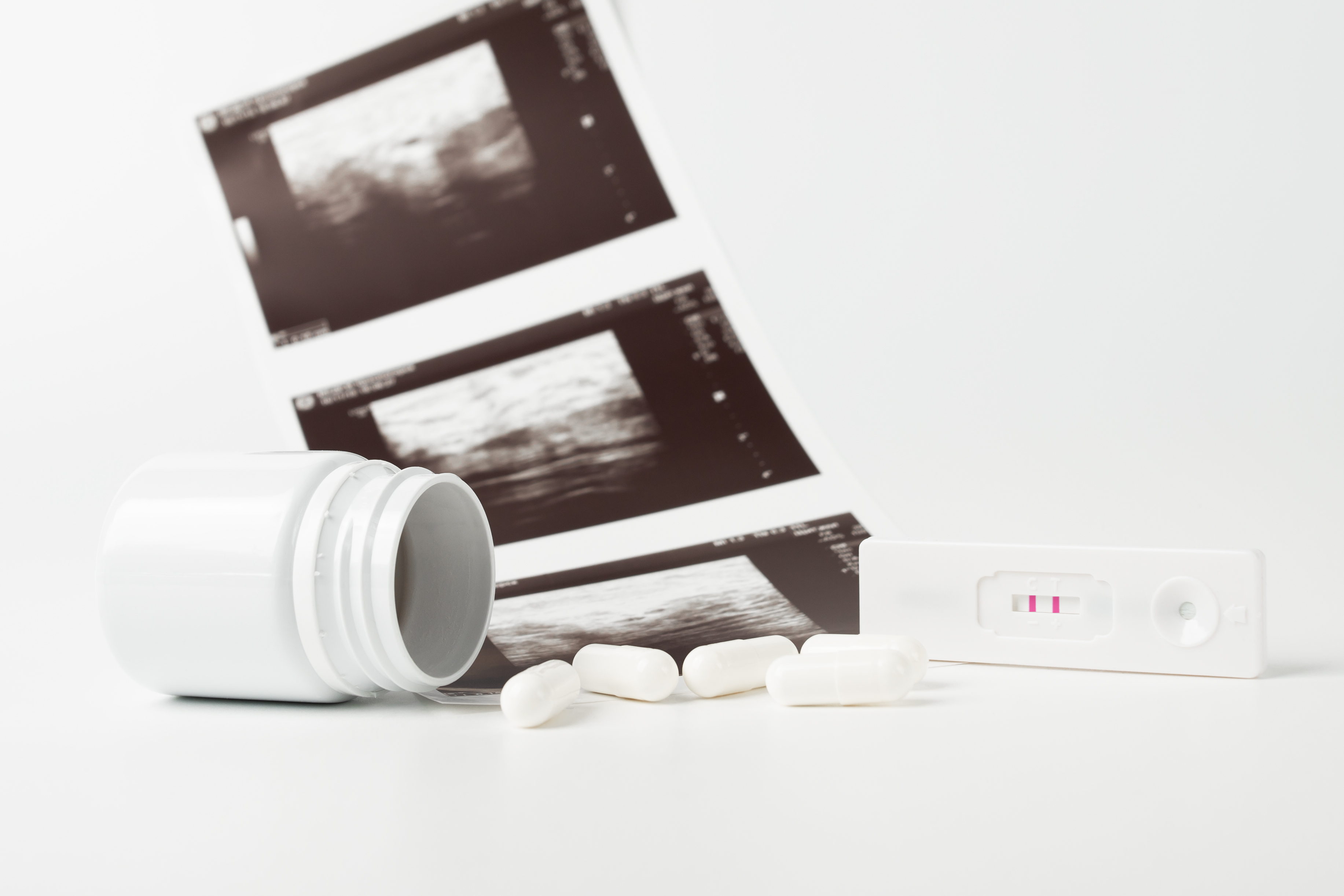Can You Take The Abortion Pill Without an Ultrasound?

If you’re considering abortion pills, you might wonder whether an ultrasound is really necessary first. The truth is, it’s not just a medical formality—it’s an important step to protect your health and well-being.
An ultrasound provides clear answers about your pregnancy—how far along you are, where the pregnancy is located, and whether it’s developing normally. Each of these details matters for your safety before taking the abortion pill.
Finding the Fetus
Abortion pills are typically prescribed for pregnancies up to about 10 weeks. The FDA currently approves their use through 70 days from the first day of your last period.¹
But confirming timing is only part of the picture. Ultrasound also verifies that the pregnancy is growing inside the uterus and not ectopic (developing outside the womb, usually in a fallopian tube). Because an abortion pill cannot treat an ectopic pregnancy, skipping this step could put your health at serious risk.
So while an ultrasound might feel like an extra appointment, it’s actually one of the most important safeguards for your safety and peace of mind.
How the Abortion Pill Works
A medication abortion uses two drugs—mifepristone and misoprostol—to end a pregnancy.
-
Mifepristone blocks the hormone progesterone, which your body needs to maintain pregnancy.
-
Misoprostol, taken later, causes the uterus to contract and empty.
This process is approved for pregnancies up to 70 days. However, because as many as 10%–20% of known pregnancies end naturally in miscarriage,² a positive test does not always mean the pregnancy is viable. Only an ultrasound can confirm that the pregnancy is still developing and not ectopic.³
Accurate dating through ultrasound directly impacts whether medication abortion will work and be safe.
When Not to Use the Abortion Pill
The abortion pill is not suitable for everyone. Some medical conditions or medications can make it unsafe or ineffective. That’s why a medical assessment—including an ultrasound—is essential before starting the process. A healthcare provider can help determine if this method is appropriate for your specific health situation.
Assessing Risks and Considerations
Every pregnancy decision carries both emotional and physical weight. While many consider medication abortion safe, it can involve risks such as incomplete abortion, infection, heavy bleeding, or in rare cases, severe complications.
Skipping an ultrasound increases those risks because you lose the chance to verify that the pregnancy is located safely in the uterus and within the approved timeframe. Without this information, it’s difficult to know if the abortion pill will work as intended—or if another medical intervention may be needed later.
Getting a clear picture through ultrasound helps you make a fully informed decision, reducing uncertainty and potential complications.
Get Help Determining Your Options
If you’re feeling uncertain about your next steps, you don’t have to go through this alone. Northwoods Pregnancy Center offers free, confidential pregnancy testing and ultrasounds so you can get the clarity you deserve before making any decision.
Every woman’s situation is unique. Our caring nurses and staff are here to listen—never to pressure—and to walk with you as you explore your options, understand your body, and make choices that align with your values and well-being.
Sources:
1. https://www.fda.gov/drugs/postmarket-drug-safety-information-patients-and-providers/information-about-mifepristone-medical-termination-pregnancy-through-ten-weeks-gestation
2. https://www.mayoclinic.org/diseases-conditions/pregnancy-loss-miscarriage/symptoms-causes
3. https://my.clevelandclinic.org/health/diagnostics/9704-ultrasound-in-pregnancy